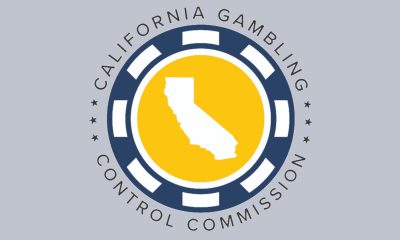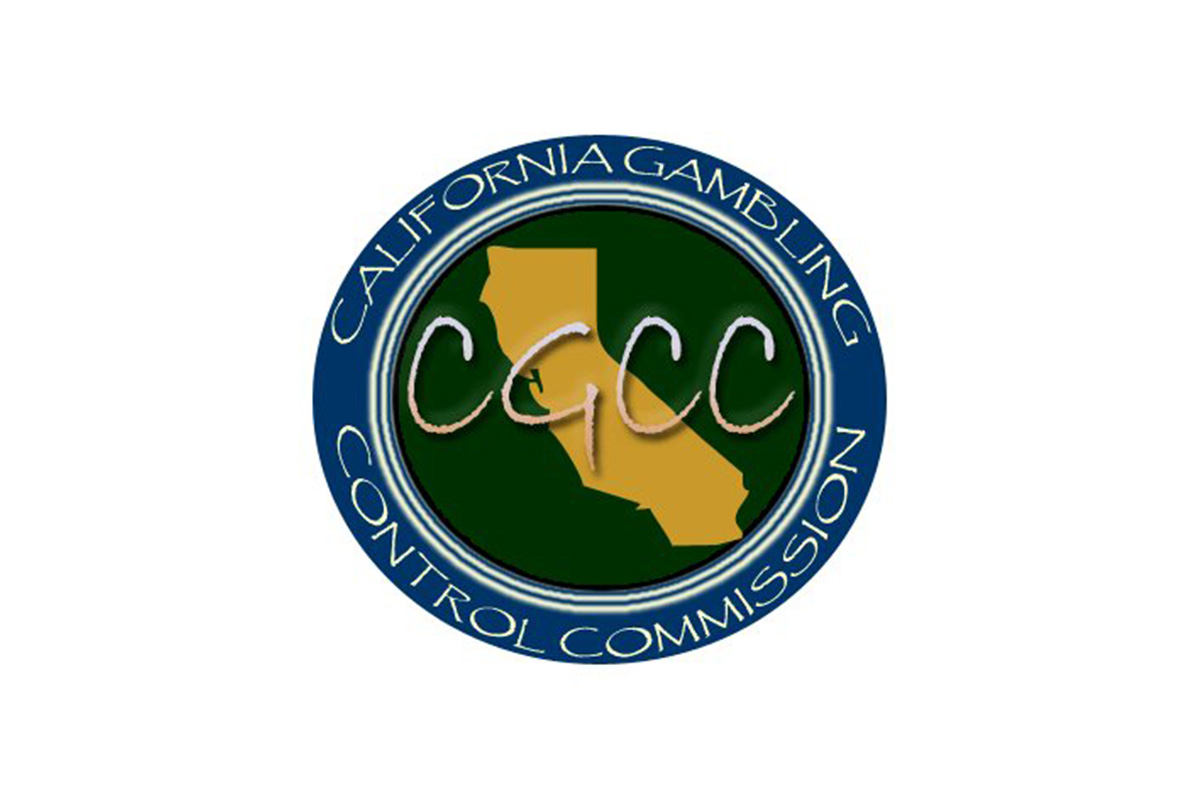Compliance Updates
California Gambling Control Commission’s Agenda: Key Decisions and Recommendations for January 2024
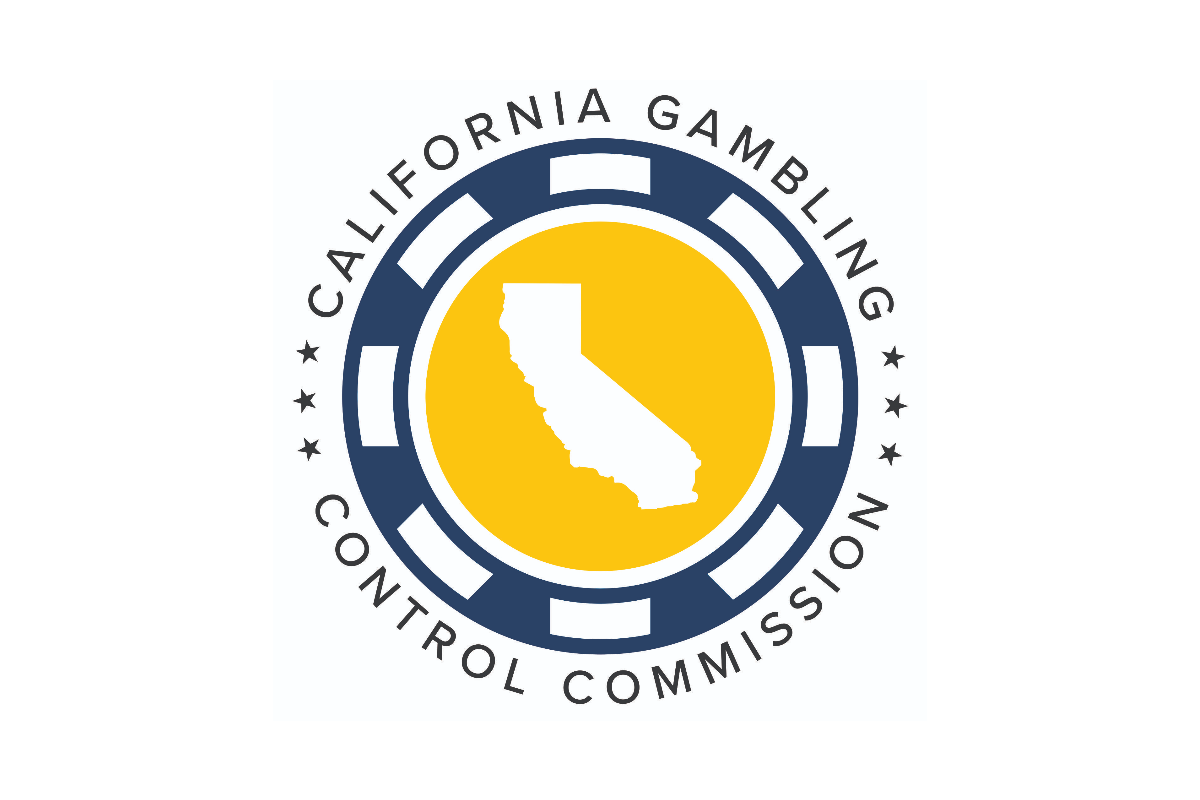
The California Gambling Control Commission (CGCC) has released its agenda for the upcoming meeting scheduled for January 25, 2024. The comprehensive six-page document details a series of important considerations and recommendations that will be discussed. These include license renewals, key employee considerations, and crucial decisions regarding the Revenue Sharing Trust Fund and Third-Party Proposition Player Services.
- Revenue Sharing Trust Fund Final Report
The Commission will review the final report for the Revenue Sharing Trust Fund, which outlines the distribution to eligible recipient Indian Tribes for the quarter ending December 31, 2023. The staff recommendation is to approve the distribution payments, a significant move that reflects the Commission’s ongoing commitment to supporting tribal communities through equitable revenue sharing.
- License Renewals and Evidentiary Hearings
A significant portion of the agenda focuses on the renewal of various cardroom owner type licenses and the consideration of key employee licenses. Notably, the Golden West Casino in Kern County has two options under consideration. The first option suggests rescinding the referral to an Evidentiary Hearing and approving the Renewal Applications through January 31, 2026. The second option is to deny the request to rescind the referral and instead approve the Issuance of a New Interim Renewal License.
Bay 101, Palace Poker Casino, LLC, and Parkwest Casino Marina are also under the spotlight for their renewal applications. The Commission’s decisions in these cases will be pivotal in setting the tone for the regulatory environment in the state’s gambling sector.
- Third-Party Proposition Player Services Employee Type License
The meeting will also include discussions on several applications for Initial and Temporary Third-Party Proposition Player Services Employee Type Licenses. This includes deliberations on applications from Faros Unlimited, Inc., Knighted Ventures, LLC, and Qualified Player Services, LLC, among others. The Commission’s staff recommendations vary, with some applications recommended for approval and others suggested for referral to an evidentiary hearing.
- Tribal-State Compact Key Employee Findings of Suitability
Another key agenda item is the consideration of Initial and Renewal Tribal-State Compact Key Employee Findings of Suitability. This segment involves a wide range of applications from various tribal casinos, including Chukchansi Gold Resort and Casino, Hard Rock Hotel & Casino Sacramento, and Harrah’s Northern California. These decisions are crucial for maintaining the integrity and trust in the management of tribal casinos.
- Consent Calendar Items
Finally, the Commission will review Consent Calendar items 11 through 17, which encompass various administrative and procedural matters.
The January 25 meeting is set to be a significant event, reflecting the CGCC’s ongoing role in overseeing and regulating gambling activities in California. The decisions made in this meeting will have lasting implications on the gambling industry, particularly in the areas of licensing, regulation, and tribal relations. Stakeholders and the public await the outcomes of these deliberations, which are crucial for the future landscape of gambling in California.
Compliance Updates
IGSA Welcomes Sharp Vision as Silver Member

The International Gaming Standards Association (IGSA) has welcomed Sharp Vision as a new Silver member. Sharp Vision is a leading provider of regulatory turnkey solutions for gaming authorities.
“We are delighted to be a part of IGSA and we look forward to contributing to the advancement of best practices among regulators in the fast-growing gaming industry,” Damien Raymond, COO of Sharp Vision, said.
“IGSA is very excited to welcome Sharp Vision to our membership. We believe that IGSA Standards can enhance Sharp Vision’s products supporting regulatory authority oversight. We look forward to their participation in IGSA committees,” Mark Pace, President of IGSA, said.
Compliance Updates
PGCB Places Seven Individuals on Involuntary Interactive Exclusion List for Online Gaming Fraud

The Pennsylvania Gaming Control Board (PGCB) on Wednesday approved recommendations by its Office of Enforcement Counsel (OEC) for the placement of seven individuals on the iGaming Involuntary Exclusion List.
The online transactions that these seven individuals engaged in, totaling $27,168, were investigated by the Board’s Bureau of Investigations and Enforcement (BIE) and found to be fraudulent in two major respects:
- an individual used a fraudulent scheme to obtain an online account or accounts in another person’s name and identifiers, placed funds into these accounts utilizing other persons’ payment methods, and without engaging in any gaming activity, managed to have funds withdrawn from the fraudulently-established account or accounts directly into their own bank account; or,
- requested and received a refund for a disputed credit or debit card transaction from a card issuer even though that refund was fraudulent.
The specific fraudulent conduct of each individual is further described below:
- Created two separate online sports wagering accounts using the personal identification and credit cards of other individuals, and withdrew $300;
- Created 13 separate online casino-type games accounts using the personal identification and credit cards of other individuals, and withdrew $545;
- Created six separate online sports wagering accounts using the personal identification and credit cards of other individuals, and withdrew $1000;
- Created four separate online sports wagering accounts using the personal identification and credit cards of other individuals, and withdrew $1123;
- Created two separate online sports wagering accounts using the personal identification and credit cards of other individuals, and withdrew $1500;
- Illegally requested and received six chargebacks to a credit card associated with an online casino-type games account totaling $10,100;
- Created one online sports wagering account using the personal identification and credit card of another individual, and withdrew $12,600.
The Board’s actions in these matters stem from its commitment to keep individuals who have committed fraud from gaming online in Pennsylvania. The additions made bring to 37 the total number of individuals who are currently on the iGaming Involuntary Exclusion List.
The Board also placed four other individuals on its Casino Involuntary Exclusion List. The number of individuals currently on that list totals 1197 and stems from various reasons including theft, cheating, child endangerment disorderly conduct, and using counterfeit currency.
Compliance Updates
PandaScore secures their first US betting license, by entering Colorado
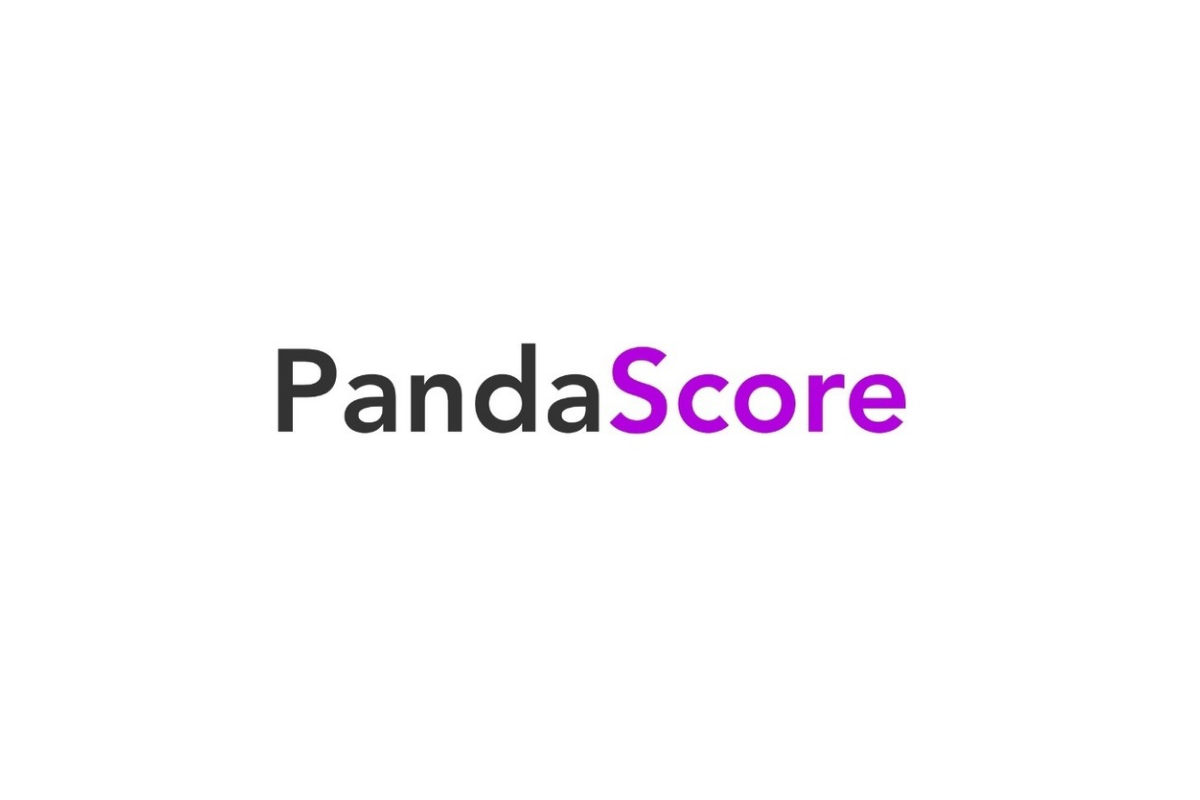
After a meticulous and measured research process in consultation with the needs of its clients, PandaScore has acquired a license to operate in the US state of Colorado.
Through the license, PandaScore has signalled its intentions in the US market: forging a supplier-led path to esports betting success in the US. Existing PandaScore clients can now enter the Colorado market, scale up their esports offering and build their future audience in the state’s esports-friendly regulatory framework.
Future clients can also be confident that working with PandaScore supports their growth strategy in the lucrative US market. The state’s esports-friendly regulatory framework serves as a solid foundation to cultivate an esports audience and take advantage of PandaScore’s innovative, revenue-driving products such as BetBuilder, player props and microbetting.
PandaScore selected Colorado as its first point of entry into US licensing thanks to the state’s large catalogue of esports titles and competitions that are eligible for regular betting, and the wide range of markets that can be offered. Additionally, the state’s flexible and innovation-friendly licensing regime makes it a strong market for PandaScore and its clients.
Securing the license also serves as proof of concept for the French esports supplier, PandaScore Legal Counsel Alexis Brunet noted that “securing the Colorado license is a strong signal of our intentions in the US and are serious about its potential. Esports in the United States is a fast-evolving regulatory environment, but it’s only going in one direction: expansion. We intend to provide our best-in-class products and services to our customers no matter where they are, and service one of the largest markets in the world.”
For PandaScore CEO Flavien Guillocheau, entry into Colorado in the US market was the natural next step in the company’s client-first, service-oriented approach: “For esports to succeed in the US, suppliers must lead from the front. Suppliers need to address the uncertainty around regulation which has held back operator investment and thus growth of the vertical.
“We’ve proven we know the market, get a license efficiently and do it in a way that puts operators first. We’re confident that if our clients are seeking entry into a given market, we can be completely straight with them, show them the viable pathway to success, and create the foundation and access they need to fully harness the potential of esports in one of its biggest consumer markets.”
-
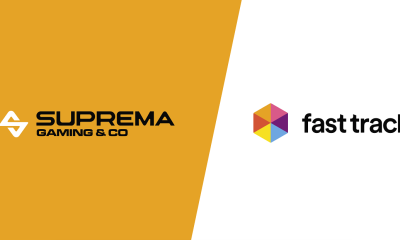
 Latest News3 days ago
Latest News3 days agoFast Track Secures Landmark Deal with Suprema Group – Setting a New Standard in the Brazilian iGaming Market
-
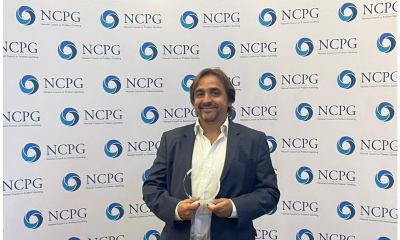
 Gambling in the USA5 days ago
Gambling in the USA5 days agoBetBlocker Recognised for Outstanding Contribution to the Prevention of Gambling Harm at NCPG Awards 2024
-

 Latest News3 days ago
Latest News3 days agoLight & Wonder Expands Presence in Oregon with Additional Placements of KASCADA Dual Screen Multi-Games
-

 Industry News4 days ago
Industry News4 days agoPenn Entertainment to Lay Off About 100 Employees
-

 Latest News3 days ago
Latest News3 days agoRakin’ Bacon Sahara® Launches Exclusively in New Jersey at Hard Rock Hotel & Casino Atlantic City and online at Hard Rock Bet
-

 partnerships3 days ago
partnerships3 days agoGGPoker & Triton Poker Offer High-Roller And Super-High-Roller Events At 2024 WSOP Paradise
-

 Latest News3 days ago
Latest News3 days agobet365 Announces Official Launch in Pennsylvania
-

 Daily Fantasy Sports5 days ago
Daily Fantasy Sports5 days agoDraftKings Becomes Official Partner of the WNBA





